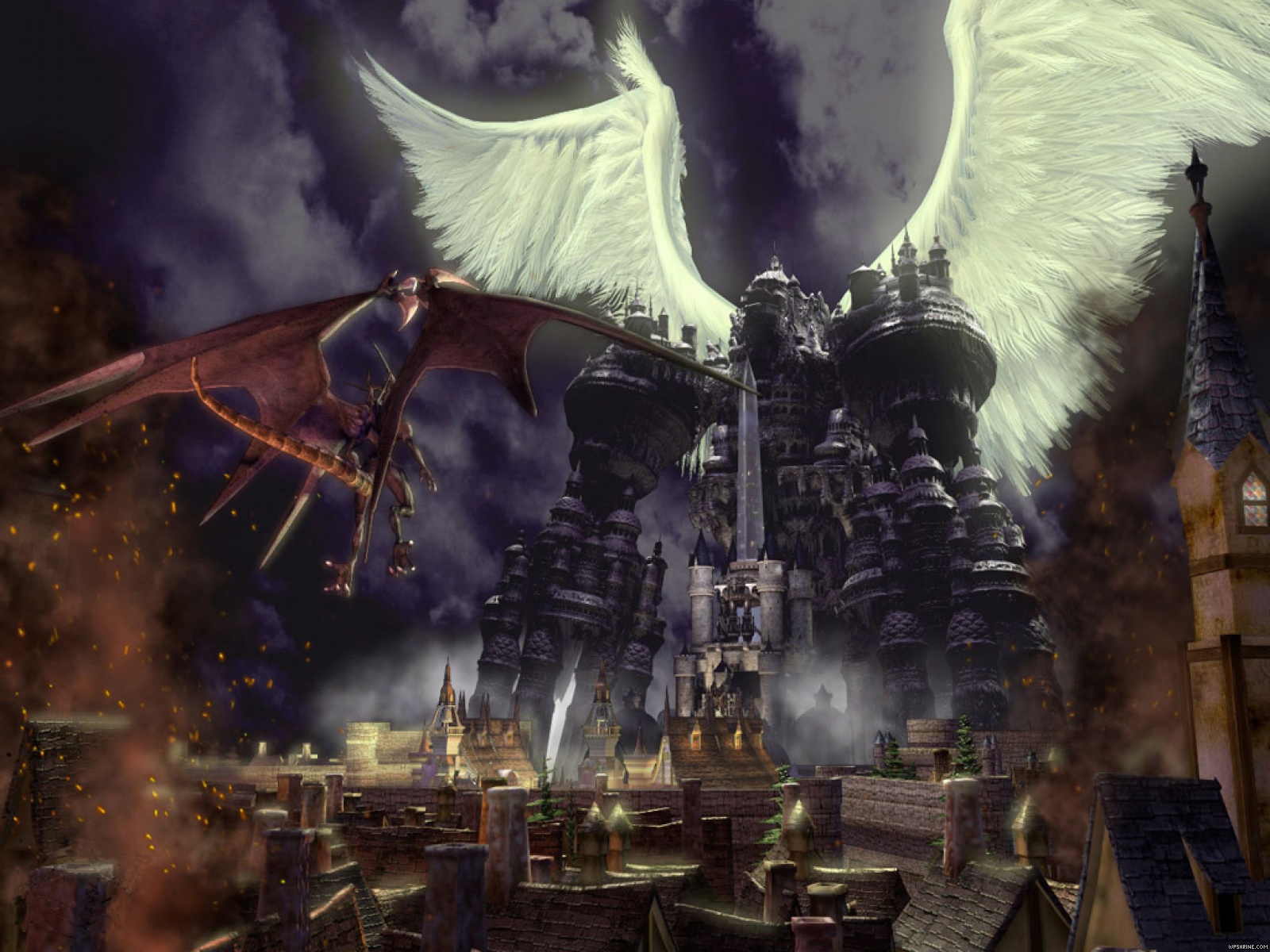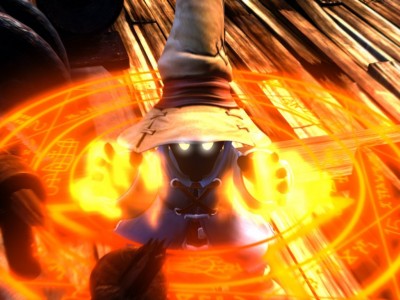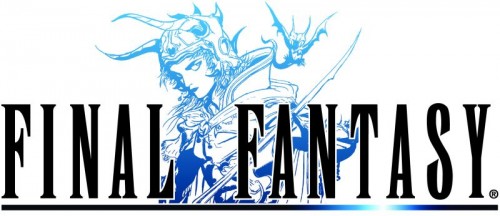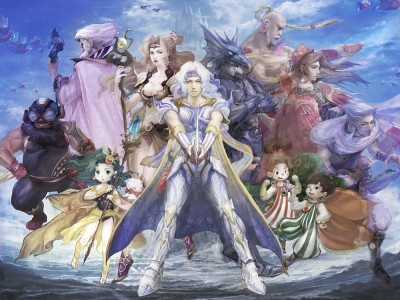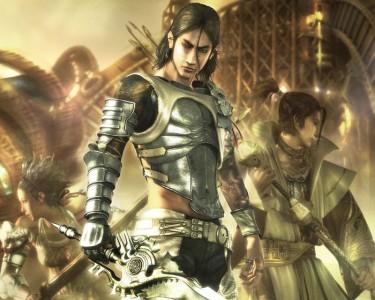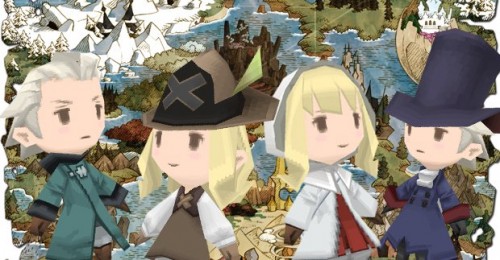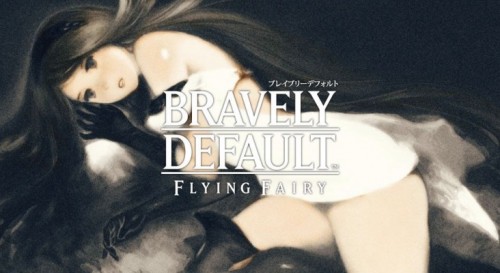With all the buzz and excitement surrounding Final Fantasy XIII-2 finally dying down a bit, well at least until the next round of downloadable episodes come out, I feel that now is a good time to vent out some thoughts that have been circulating in my cluster mess of a brain for quite some time now. As I watch this industry evolve right before my very eyes, one thing that has particularly stood out to me is the evolution of Final Fantasy. Now bear in mind, this piece is meant to be a reflection of my personal views, it’s by no means a factual recollection.
My first proper experience with the franchise was Final Fantasy VIII on the original PlayStation. I still hold fond memories of it even though it’s one of those games that a lot of people seem to love to hate. Technically my first Final Fantasy game was Final Fantasy IV (or Final Fantasy II in some regions) on the Super Nintendo, but at the time I was too young to really grasp it properly. After my play through of Final Fantasy VIII, I obsessively went on to play the other entries. What really impressed me back then was that each title stood on its own, and I loved how Square-Enix (they were called Squaresoft during those days) would experiment with new ideas, themes, gameplay systems, art direction, lore, and a whole new in-game universe, instead of just pumping out direct sequels with the same locations and characters. It was because of this development philosophy that each Final Fantasy game became a uniquely refreshing experience.
Even as each title in the series tried different things and did not reference each other at all, there was still some intangible consistency that was largely because of the team involved, namely the founder Hironobuo Sakaguchi and legendary composer Nobuo Uematsu. As long as they were involved with a Final Fantasy game, you could be certain to get the kind of experience and quality that only they could design and deliver. I think that’s why each Final Fantasy title succeeded regardless of vast differences in the theme, setting, and premise, because they all had a consistent demeanour and ambience. The story telling and characterisation was always delivered in a manner that although was distinct for each game, still had a consistent style. I know a lot of what I’m saying here sounds vague and ambiguous, but it’s always these unseen elements that really give a game (and franchise) its unique personality.
Final Fantasy IX is perhaps the most important and underrated entry in the series. That game, for all intents and purposes, was the last ‘true’ Final Fantasy game produced. Not trying to discount the Final Fantasy games that featured a sci-fi setting, but the true essence and spirit of Final Fantasy can always be truly felt in the ones that had a medieval fantasy setting filled with mages, knights, dragons, and the like. Those games had the ‘Fantasy’ that the title itself implied, and you can sense so much character and magic in them. Final Fantasy IX represents the pinnacle of Hironobu Sakaguchi’s creative brilliance. It was his love letter to the franchise and an accumulation of all the qualities that characterised it.
Final Fantasy IX was the last game produced by the founding father, as the series would move on without him. The argument regarding how good or bad these post-Final Fantasy IX games were isn’t relevant here, because what really matters here is that they were all clearly and sorely lacking something in their overall demeanour due to the absence of Sakaguchi’s vision and direction.
As of now the ‘Fabula Nova Crystallis’ project is what will define Final Fantasy in the coming years, which is essentially the term coined for the universe of Final Fantasy XIII and related games. That title marked the proper debut of Final Fantasy for this current console generation, and it represents the present and future of the IP. Final Fantasy XIII itself is without a doubt the most controversial entry that the series has ever seen, and in my view, it is a genuine threat to the series’ legacy and everything that it stood for.
The seeds for Final Fantasy XIII were planted long before this, as the legendary Final Fantasy VII in fact laid the very foundation for the ‘modern’ Final Fantasy and Japanese RPG for that matter, but it was Final Fantasy X that started taking this new direction to a place that made long-time fans feel very uneasy. Final Fantasy XIII represents the final stage of this evolution, the result of which being a franchise that has forgotten what it truly was and has really abandoned its core values and principles. Basically what I’m trying to say is that the spirit of Final Fantasy no longer exists within Final Fantasy anymore.
Whiny emo characters, androgynous and girly looking male characters, pretentious social situations, convoluted plots, and absolutely juvenile characterisation, are these Japanese RPG norms? Wrong, they are largely modern Final Fantasy norms. I don’t blame people for bringing up these flaws when they’re trying to bring up the ‘typical’ pesky conventions of Japanese RPGs, because in Western regions Final Fantasy is viewed as an official representation of the genre.
What is the typical Japanese RPG? Nothing like what I listed earlier, because if you really want the genuine Japanese RPG experience then you need to look back at the Final Fantasy titles that were a product of Hironobu Sakaguchi’s vision, and you also need to get into titles like Dragon Quest and the non-Persona entries of the Shin Megami Tensei franchise. Now those games had the qualities that the genre stood for, which sadly have mostly been forgotten and overlooked.
Is the spirit of Final Fantasy gone? Thankfully it isn’t but at the same time it is struggling to stay alive. Hirnobu Sakaguchi, few years after he departed Square-Enix, would go on to form his very own studio called Mistwalker. The studio had a bit of a bittersweet journey, which is to be expected from an up and coming team in this day and age. They’ve released some modest projects for the most part but in particular, the original Blue Dragon and Lost Odyssey had the same charm and character as the Final Fantasy of old. Blue Dragon had that charming and innocent fantasy direction, while Lost Odyssey demonstrated a very mature and sophisticated storytelling and characterisation that is unlike anything you will ever get out of a modern Final Fantasy game or most modern Japanese RPGs for that matter. After some undeservingly setbacks, the studio seems to be back in good form again with their latest Wii RPG, The Last Story. The name itself is ironic to say the least, but again, this is where the true spirit of Final Fantasy now lies, in the mind of Sakaguchi as it always has.
However, there is some hope within Square-Enix still as not long ago a rather interesting title called Final Fantasy: The 4 Heroes of Light was released, which was a refreshing and nostalgic reminder of the true legacy of Final Fantasy. The subtitle itself harks back to the Final Fantasy of old, referencing the four warriors of light that were in the very first Final Fantasy video game. As flawed as the game was, I really truly appreciated it for what it was trying to do.
Final Fantasy: The 4 Heroes of Light is a throwback to what Final Fantasy used to be, and as such has a very similar presence to it. It’s a beautiful, innocent, and imaginative game with a very down to earth storytelling and characterisation. In fact to me, this game is the most ‘Final Fantasy’ game I’ve experienced since Final Fantasy IX. It has its share of annoying flaws, but the overall essence is very much like the Final Fantasy that many hold fond memories of. It’s terribly underrated, and is a game that modern gamers should really consider trying instead of judging the entire franchise by Final Fantasy XIII.
This rant brings me to the upcoming Nintendo 3DS RPG, Bravely Default, which interestingly enough originally started out as a sequel to Final Fantasy: The 4 Heroes of Light but at some point they decided to turn it into its own unique IP. This is a good move, and I think it’s a good idea to break away from the tried and tested Final Fantasy banner to give it a fresh feel. I am excited about this game because the art direction, characters, and overall tone of the game captures what was truly great about the traditional Final Fantasy games, while adding its own unique charms and qualities.
The problem with modern Final Fantasy and Final Fantasy XIII in particular, is that they seem to prioritise graphics and superficial aesthetics above the things that really matter, like a good story, compelling characters, and engaging delivery. Bravely Default will hopefully avoid the pesky pitfalls and deliver an authentic Japanese RPG experience that is relevant in this day and age.
Final Fantasy is very much alive and well, but you’ll just have to look for it outside of Final Fantasy.


